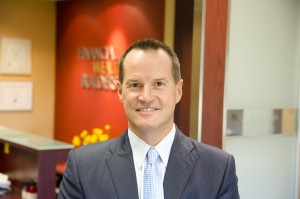The Financial Independence Hub is excited to unveil a new Internet video project on investing made possible by FWB TV, a unit of Toronto based Financial Wealth Builders Securities.
Starting today and on a regular basis, the Hub’s sister site, Findependence.TV, will be housing video content provided by FWB TV Paul Philip CLU, CFP and his associates. These high-quality videos generally run between two and four minutes and focus on investment strategies that are quite consistent with the content normally run on the Hub blogs.
You can find the first one by clicking on this headline: Who gets the Porsche — you or your investment firm? … Fees Matter! Expect the next instalment in a week or two.
Q&A on the rationale for FWB TV
To introduce the series and explain the rationale, here is a Q&A between myself and FWB TV owner Paul Philip CLU, CFP:






